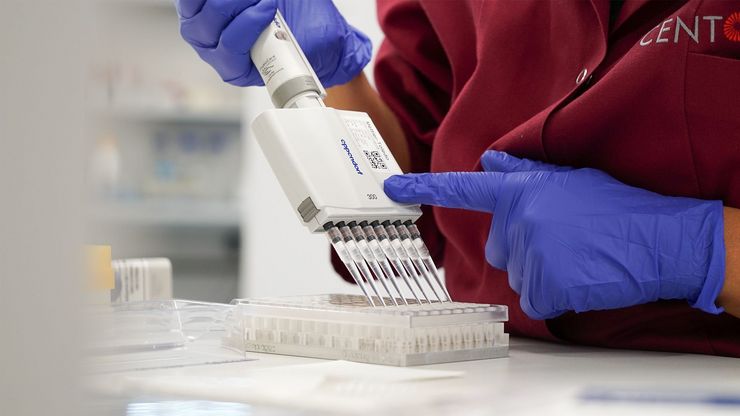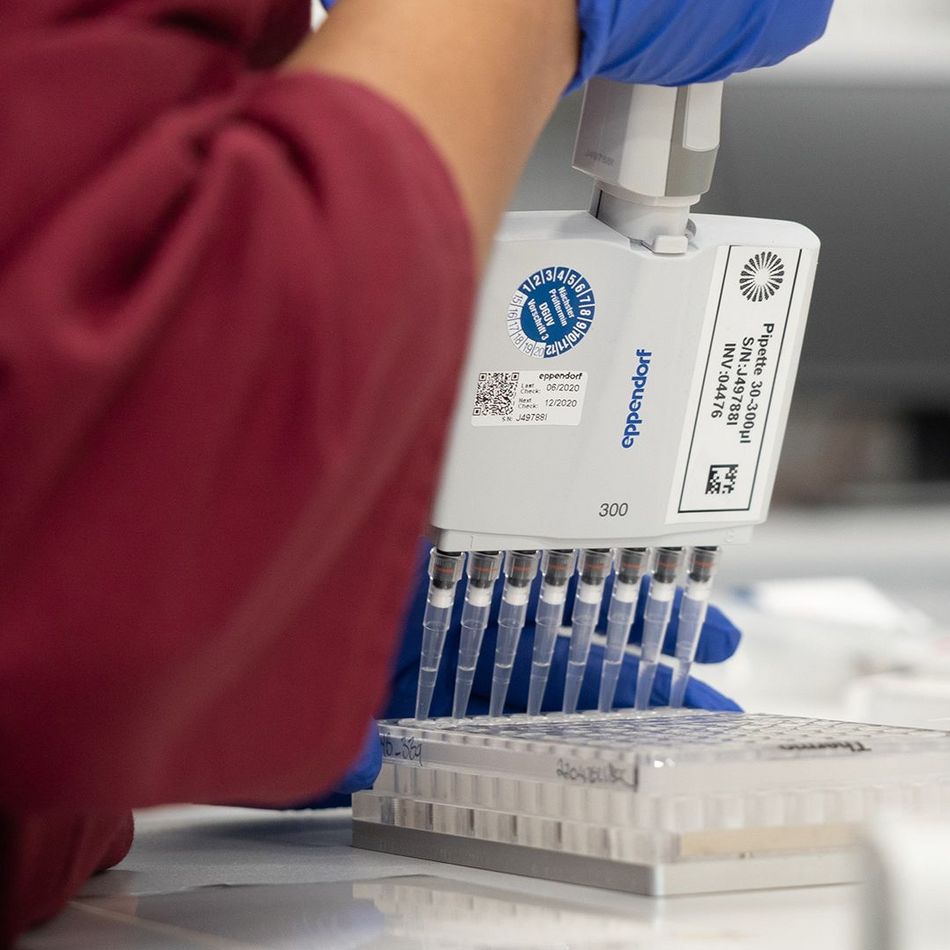Niemann-Pick Type C Disease
Niemann-Pick disease type C (NPC) is a slow-progressing disorder in which the primary hallmark is accumulation of lipids in lysosomes. Symptoms are age dependent. Clinical signs during infancy are limited to the viscera, with hepatosplenomegaly, jaundice, and (in some instances) pulmonary infiltrates. Beyond late infancy, neurological symptoms begin to manifest. Classic presentation occurs in mid-to-late childhood with onset of ataxia, vertical supranuclear gaze palsy, and dementia. Dystonia and seizures are common features. Adults are likely to present with dementia or psychiatric symptoms.
NPC is inherited in an autosomal recessive manner. It is caused by mutations in either the NPC1 (in 95% of cases) or NPC2 (in 5% of the cases) genes.
Most NPC1 cases involve compound heterozygotes of single-nucleotide variants.12 So far, over 511 variants have been described in NPC1 that cause Niemann Pick disease type C, and over 27 different variants in NPC2. 3
Symptoms
- Enlarged liver and spleen (hepatosplenomegaly)
- Difficulty coordinating movement (ataxia)
- Abnormal eye movements (vertical supranuclear gaze palsy)
- Poor muscle tone (hypotonia)
- Severe liver disease
- Frequent respiratory infections
- Difficulty with speech
- Difficulty with swallowing and feeding
- Loss of cognitive skills

Pharma
Partners
CENTOGENE is working together with partners to identify lead compounds and drug targets quickly and de-risk orphan drug development.

Clinicians
CentoMetabolic MOx – Panel
For cases of suspected NPC, CENTOGENE’s CentoMetabolic MOx panel can confirm a suspected diagnosis.

Patients
Genetic Counseling
CENTOGENE only provides genetic testing ordered by a doctor. Results from genetic testing can have a profound impact on your life. We strongly recommend that you seek genetic counseling. Counselors can advise you and your family on whether to take a genetic test. They can also help you understand your genetic test results and their implications.
The following question and answer form can support discussions with your doctor about genetic testing:
Footnotes
1Park, Walter D et al. “Identification of 58 novel mutations in Niemann-Pick disease type C: correlation with biochemical phenotype and importance of PTC1-like domains in NPC1.” Human mutation vol. 22,4 (2003): 313-25. doi:10.1002/humu.10255
2Millat, Gilles et al. “Niemann-Pick C disease: use of denaturing high performance liquid chromatography for the detection of NPC1 and NPC2 genetic variations and impact on management of patients and families.” Molecular genetics and metabolism vol. 86,1-2 (2005): 220-32. doi:10.1016/j.ymgme.2005.07.007
3Chikh, Karim et al. “Niemann-Pick type C disease: subcellular location and functional characterization of NPC2 proteins with naturally occurring missense mutations.” Human mutation vol. 26,1 (2005): 20-8. doi:10.1002/humu.20173
Get in Touch With Our Customer Support
Our consultation service is available in several languages.
+49 (0) 381 80 113 - 416
Mon. – Fri. 7 a.m. – 6:30 p.m. CET
Sat. 8 a.m. – 12 p.m. CET
